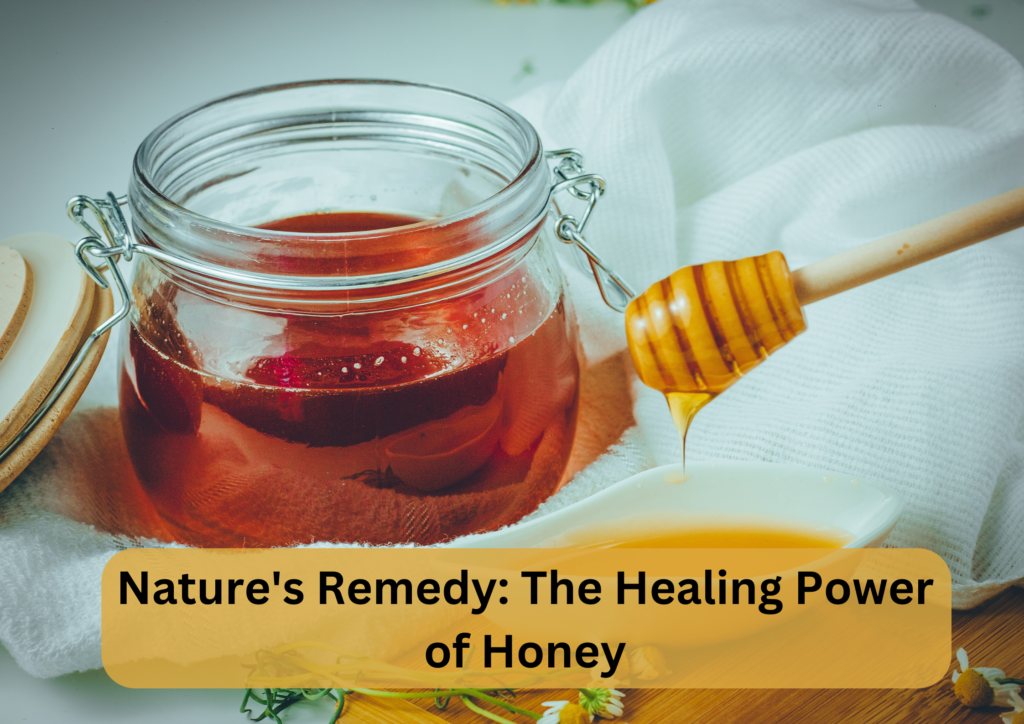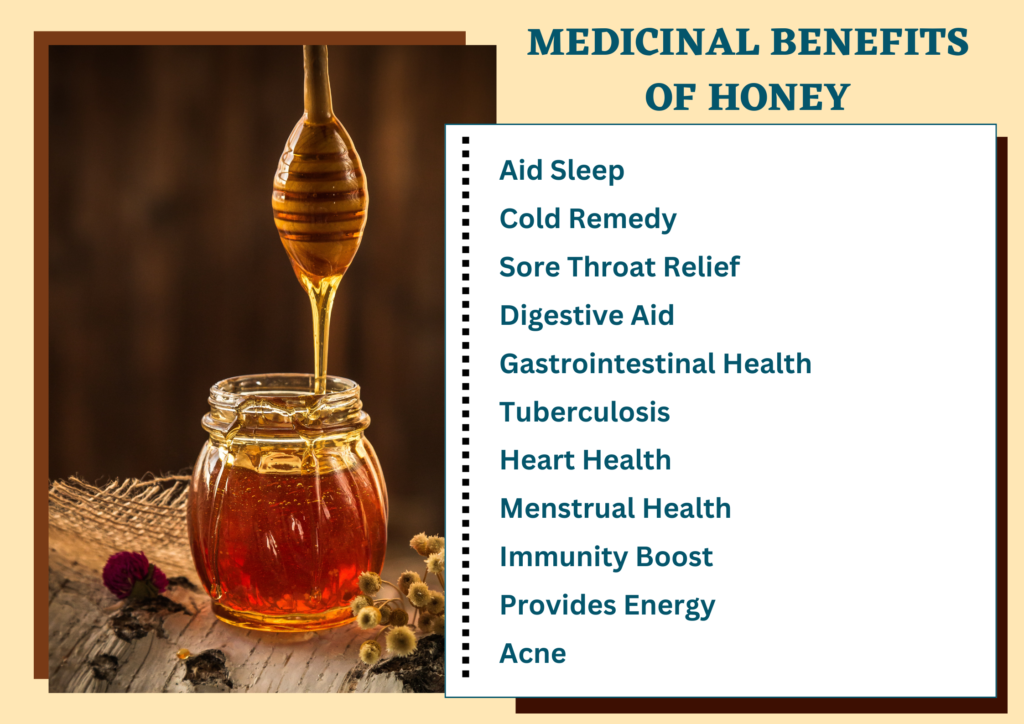
For over 2000 years, honey has been cherished not just as a sweet treat but as a potent natural medicine, predominantly used for wound healing. While there are numerous varieties of honey, only a select few, such as Manuka honey and Malaysian Tualang honey, have been extensively studied for their medicinal properties.
Honey is a treasure trove of nutrients and antioxidants, boasting antibacterial properties and even playing a role in diabetes management when included in a balanced diet. But honey is more than just a syrupy liquid made by honeybees from plant nectar; it is a versatile ingredient found in many foods and comes in various forms.

Manuka honey, a monofloral honey, has recently been the focus of scientific research due to its unique properties, especially its antimicrobial activity. The medicinal properties of honey are largely derived from the floral sources utilized by bees.
Manuka honey, known for its dark color and rich phenolic content, is currently gaining significant attention for its antimicrobial efficacy. It shows promise in healing peptic ulcers caused by Helicobacter pylori bacteria and is effective against various strains of bacteria responsible for gastroenteritis.
Pharmaceutical companies have developed a wide range of antibiotics, each tailored to treat infections caused by specific groups of bacteria. However, honey’s antimicrobial properties make it a natural alternative. Its medicinal benefits extend beyond just antibacterial action.
Nature's Healing Nectar for Wellness and Vitality

Honey, often referred to as liquid gold, has been cherished for centuries for its incredible medicinal and healing properties. From soothing a sore throat to boosting energy levels, this natural sweetener goes beyond its culinary uses to offer a wide array of health benefits. Below are some of the powerful ways honey can enhance your well-being:
1. Sleep Aid
Struggling to fall asleep? A teaspoon of honey in warm milk before bed acts as a gentle sedative, helping you relax and drift into a restful sleep. This age-old remedy works by raising insulin levels slightly, which allows tryptophan to enter the brain, promoting the release of serotonin and melatonin—both crucial for a good night’s sleep.
2. Cold Remedy
Honey is renowned for its ability to alleviate symptoms of the common cold. Mixed with warm milk or lemon and radish juice, honey works as a natural decongestant, soothing irritated nasal passages and reducing coughing.
3. Sore Throat Relief
Sore throats can be incredibly uncomfortable, but honey offers a simple and effective remedy. Drinking honey in warm milk or water can soothe the throat, and gargling with honey helps reduce inflammation and fight bacteria—making it beneficial for treating gingivitis as well.
4. Digestive Aid
Honey supports digestive health by stimulating digestion and regulating gastric acidity. For a powerful morning cleanse, try a mixture of fresh honey and lemon juice in lukewarm water. This combination not only aids digestion but also helps with constipation, hyperacidity, and obesity by flushing out toxins and balancing gut flora.
5. Gastrointestinal Health
Honey’s anti-inflammatory and antibacterial properties make it a fantastic natural remedy for conditions like gastritis and ulcers. It helps soothe the stomach lining and reduces acidity, making it an ideal option for those suffering from digestive issues.
6. Tuberculosis
In the early stages of tuberculosis, a mixture of honey and rose petals, consumed in the morning, can provide relief. This natural remedy helps cleanse the respiratory system and improve overall lung function, thanks to honey’s anti-inflammatory properties.
7. Heart Health
For heart health, moderate consumption of honey combined with pomegranate can work wonders. This powerful antioxidant duo helps improve blood circulation and lower blood pressure, reducing the risk of heart disease.
8. Menstrual Health
Women suffering from heavy menstrual periods or leucorrhea can find relief through a mixture of asafetida fried in ghee combined with honey. This traditional remedy helps regulate menstrual flow and balances hormones, easing discomfort during the cycle.
9. Immune Boost
One of honey’s most notable benefits is its ability to strengthen the immune system, especially in children. A daily intake of honey enhances disease resistance and improves overall immunity, keeping illnesses at bay.
10. Energy Boost
Whether you’re preparing for a workout or simply need a quick pick-me-up, honey is an excellent source of energy. Combined with fresh fruit or stirred into water, it provides an instant energy boost, replenishing your body’s glycogen stores and helping you power through physical activities.
11. Acne
To enhance your skin’s radiance and freshness, mix 5g of almond seed powder with 5ml of honey to create a nourishing paste. Gently apply the mixture to your skin and allow it to absorb for one hour. Afterward, rinse it off with lukewarm water. Regular use of this natural remedy will help clear your complexion and leave your skin feeling refreshed and rejuvenated.
Incorporating honey into your daily routine can improve not only your health but also your overall well-being. This natural elixir offers a treasure trove of benefits, proving that sometimes the best medicine comes straight from nature.
Honey: Gaining Acceptance
The therapeutic properties of honey are becoming increasingly accepted by practitioners of conventional medicine and the general public. This shift is due to the growing awareness of the positive clinical results and the rational explanations for honey’s therapeutic actions.
Incorporating honey into your daily diet, along with plenty of fruits and vegetables, can lead to a healthier lifestyle and provide a quick source of energy. So, make honey a part of your daily routine and enjoy its numerous health benefits.
References:
https://www.journalijcrls.com/sites/default/files/issues-pdf/01390.pdf
https://www.ncbi.nlm.nih.gov/pmc/articles/PMC6613335/
https://link.springer.com/chapter/10.1007/978-981-97-3565-5_10
https://www.mdpi.com/1420-3049/23/9/2322
https://www.ingentaconnect.com/content/ben/cnf/2011/00000007/00000004/art00003
https://link.springer.com/chapter/10.1007/978-3-319-59689-1_4
